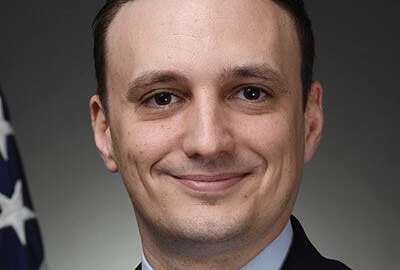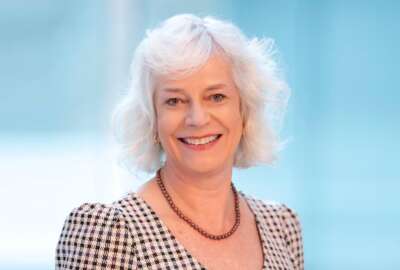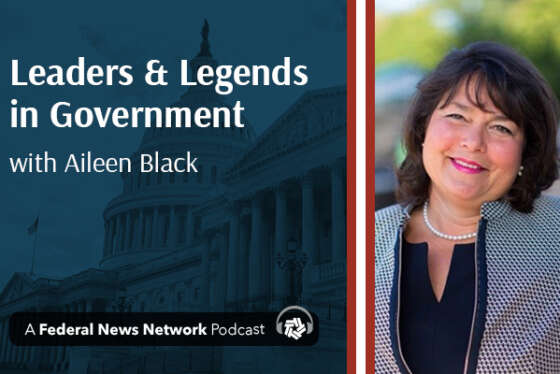
McLean Capital executive explains how to make your business more successful
Dendy Young, managing partner of Mclean Capital, joins host Aileen Black on this week's Leaders and Legends to explain what you can do to be a more effective leader...
Dendy Young, managing partner of McLean Capital, joined host Aileen Black on this week’s Leaders and Legends to discuss leadership and the importance of driving toward success with no regrets.
McLean Capital is based in McLean, Virginia, and manages an investments in early-stage companies. In addition to being a managing partner at McLean, Young is also a member of Blu Venture Investors, an angel investment group that supports early stage companies in the Washington, D.C. area.
Previously, Young served as CEO of GTSI Corporation, an enterprise services and solutions provider. Prior to GTSI, Young served as founder and chief executive officer of Falcon Microsystems and, before that, Falcon Systems.
Young was born and raised in former Rhodesia (now Zimbabwe) which he said was very much like growing up in the American Midwest. He got a full scholarship to the Massachusetts Institute of Technology after participating in a tech event at the American embassy. Young won the event by building a computer from circuit boards — this was in the 1960s, long before anyone knew of Steve Jobs or Bill Gates. He holds a bachelor of science degree in Electrical Engineering and Computer Science from MIT and an MBA from the Harvard Business School.
Young described his leadership philosophy as one that focuses on today’s problems with an eye for the future. It’s something he learned at an early age from his grandfather who owned a successful business. He said his leadership style evolved over the years but it always centered on the customer.
“Focus on listening to where you are and what is going on around you. Focus on the customer and their needs and you will be successful,” he said. “Let the market drive you and be prepared to pivot and adjust to continue on the path of success.”
Young believes leaders should be bold and aim high when setting goals for their companies, and adds they should not be afraid of risk and what the critics will say if they fail. He said a quote from President Theodore Roosevelt became his guiding principle:
“It is is not the critic who counts: not the man who points out how the strong man stumbles or where the doer of deeds could have done better. The credit belongs to the man who is actually in the arena, whose face is marred by dust and sweat and blood, who strives valiantly, who errs and comes up short again and again, because there is no effort without error or shortcoming, but who knows the great enthusiasms, the great devotions, who spends himself in a worthy cause; who at the best, knows in the end, the triumph of high achievement, and who, at the worst, if he fails, at least he fails while daring greatly, so that his place shall never be with those cold and timid souls who know neither victory nor defeat.”
Young said an effective leader must also be a great listener.
“You need to make a decision in the moment with the information you have. Many times you may be wrong but just be ready to pivot,” he said. “What I learned at Harvard was that no one really knows the answer because every situation is different.”
Young also offered some advice to the next generation of leaders, saying they should look for innovative technologies to solve today’s most pressing problems. To do that, he suggested hiring workers with expertise in Quantum Computing, Zero Trust technologies and Cyber.
Copyright © 2025 Federal News Network. All rights reserved. This website is not intended for users located within the European Economic Area.
Related Stories





